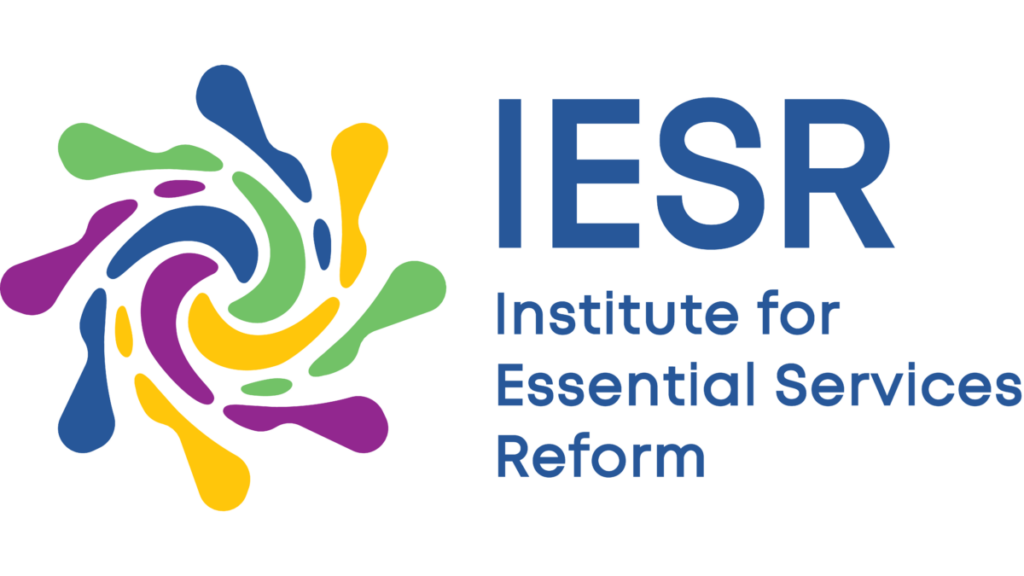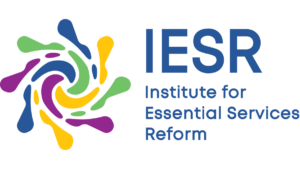Background
Indonesia’s basic electricity supply relies heavily on coal, which in 2022 contributed 44.7% of the primary energy mix, primarily for power generation. Most domestic coal is used in the electricity sector, with one-third consumed directly by industry, which also supplies more than half of industrial demand. In 2022, coal production reached 687 Mt (3% above the national target), resulting in a domestic supply 30% higher than the DMO target, with 40% serving industry. Consumption increased further in 2024, with coal’s share of energy nearly doubling from the previous year.
To secure domestic supply and protect the State Electricity Company (PLN) from global price volatility, the Domestic Market Obligation (DMO) was introduced in Ministerial Regulation No. 23/2018, requiring 25% of production to be used domestically, primarily for power generation. Simultaneously, the Domestic Price Obligation (DPO) caps the price of coal for power generation at USD 70/ton, based on Ministerial Decree No. 23/2018. 1395/2018. The latest regulation, Minister of Energy and Mineral Resources Decree No. 399.K/MB.01/MEM.B/2023, changes the DMO calculation from 25% of estimated production to 25% of realized production if production estimates are not achieved and replaces non-compliance fines with compensation costs. While the DMO and DPO have stabilized coal supply and electricity prices in the short term, these policies also limit coal producers’ export revenues and can delay renewable energy development by artificially cheapening coal. This creates policy tension with Indonesia’s long-term decarbonization targets under the RUKN 2024–2060, which seek to reduce dependence on coal and increase the share of renewable energy.
Losing or eliminating the DMO and DPO could increase electricity costs as coal prices would adjust to the global market, potentially impacting competitiveness but also making renewable energy more attractive. Such a shift could increase export revenues for coal-producing regions but requires careful management of domestic energy prices, the impact on government revenues, and the socio-economic impacts on coal-dependent communities. This research will analyze these trade-offs using economic modeling, policy analysis, and stakeholder interviews to recommend a balanced approach that supports Indonesia’s energy security and energy transition.
The Institute for Essential Services Reform (IESR), through its Green Energy Transition Indonesia (GETI) project, supported by the British Embassy in Jakarta, aims to identify comprehensive pathways and strategies to reassess and reform coal DMO and DPO policies, ultimately increasing the deployment of renewable energy in the electricity sector. Therefore, GETI is seeking an experienced individual consultant to conduct an in-depth analysis to assess the impact of coal DMO and DPO policies on national energy independence and economic development.
To achieve its objectives, IESR is involved in various activities. These include the Green Energy Transition Indonesia (GETI) project, which aims to strengthen the enabling conditions for the rapid deployment of green electricity and green hydrogen in the country. Through GETI, IESR seeks to expand access to inclusive, reliable, and affordable low-carbon energy while creating an environment that encourages increased investment in renewable energy projects. As part of this initiative, the GETI project is opening a Request for Proposals (RfP) for Research Consultants to collaborate in achieving its objectives.
The Institute for Essential Services Reform (IESR) is seeking qualified experts or organizations to conduct a comprehensive study on the socio-economic implications of Indonesia’s coal DMO and DPO policies. Specifically, this study will provide a comprehensive socio-economic analysis of the impacts of coal DMO and DPO on Indonesia’s electricity prices and affordability, government revenue and expenditure, and opportunities for policy reforms related to coal DMO and DPO. Utilizing a combination of economic/statistical modeling, policy analysis, and stakeholder interviews to assess trade-offs and recommend a balanced approach that supports energy affordability and economic development, this study will reassess coal DMO and DPO policies.
Timeline Proposal
Prospective service providers must submit a proposal package consisting of a technical proposal (background, tasks to be performed, methodology, schedule), a cost proposal (total proposed labor rates and other costs), and a relevant resume and portfolio. All bidders are also required to submit administrative bid documents, which can be downloaded through this link s.id/documentsrfpsiesr.
Proposal submission is open until September 29, 2025, at 11:59 PM WIB, addressed to the GETI Project Manager at erina@iesr.or.id, and cc the Green Energy Policy Coordinator at warih@iesr.or.id, Environmental Policy Analyst at ilham@iesr.or.id, GETI Project Officer at alifiadarmayanti@iesr.or.id, and MEL Coordinator at deasy@iesr.or.id. Please write “RFP Response – Coal DMO-DPO Socio-economic Study” in the subject line of the proposal. All proposals must be signed by the official organization or representative of the organization submitting the proposal.


